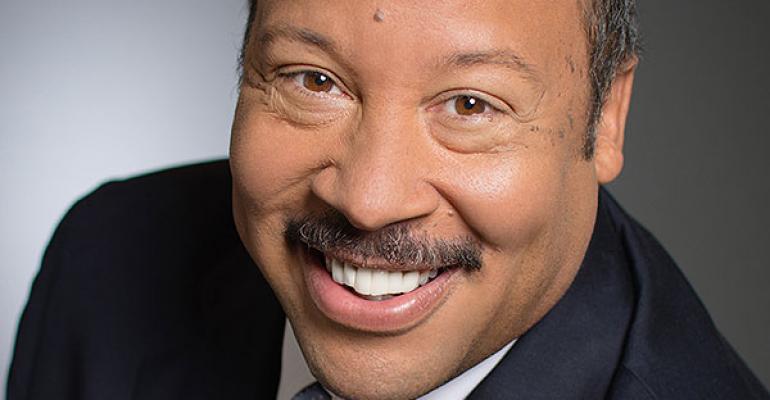 With the U.S. presidential inauguration looming on Jan. 20, event planners can take a page from some of the best in the business when preparing large-scale events. Observation of planners shows how so many moving parts of a grand event are reduced to a tight, strategic, and well-planned event that produces successful objectives with minimal glitches.
With the U.S. presidential inauguration looming on Jan. 20, event planners can take a page from some of the best in the business when preparing large-scale events. Observation of planners shows how so many moving parts of a grand event are reduced to a tight, strategic, and well-planned event that produces successful objectives with minimal glitches.
Foremost, if you capture the basics you can handle any event--regardless of size and scope. Accordingly, the first issue as with the inauguration is to determine every potential and probable event that may affect a successful event.
Security professionals call this the risk-assessment, analysis, or advance. Not all inclusive, it takes into account event locations, numbers of people attending the event, assets to be protected, and access control of pedestrian, vehicular, and assets entering designated venues.
A closer analysis is done to determine possible effects on the infrastructure and other elements that support the mission of the event. This may include manpower considerations, their lodging, transportation, necessary equipment, and other infrastructure support.
Why is infrastructure support so important? Well, if we took the Inauguration itself as an example, consider the millions of people in the Washington D.C. region. Now multiply that to account for millions of visitors from all over the world and the country. Assuming all of them have cell phones and other electronic devices, think of possible communication failures as available bandwidth might not support event goers or those responsible for protecting the event.
Accordingly, a communication failure will challenge and or/or prevent assistance from first responders, law enforcement, management personnel and event planners alike.
Further, after a detailed analysis and a plan development; it’s important and helpful to practice, as practice makes perfect! Walking the venues and conducting briefings with relevant personnel greatly assists in assuring readiness and identifies potential challenges.
Likewise, holding tabletop exercises are very beneficial. With all relevant personnel around a table; a great understanding is made of:
∙ Who will do what?
∙ What they will do?
∙ Where it will occur?
∙ When?
Also, not only do preparation exercises clarify responses, they go a long way in establishing confidence in personnel, equipment and other systems.
In conclusion, watching those who plan a presidential Inauguration is a great education in how so many working parts are made to come together at the appropriate moments to accomplish the objectives of a successful event!
Michael A. Hodge is president of Michael A. Hodge and Associates and retired from the U.S. Secret Service.




